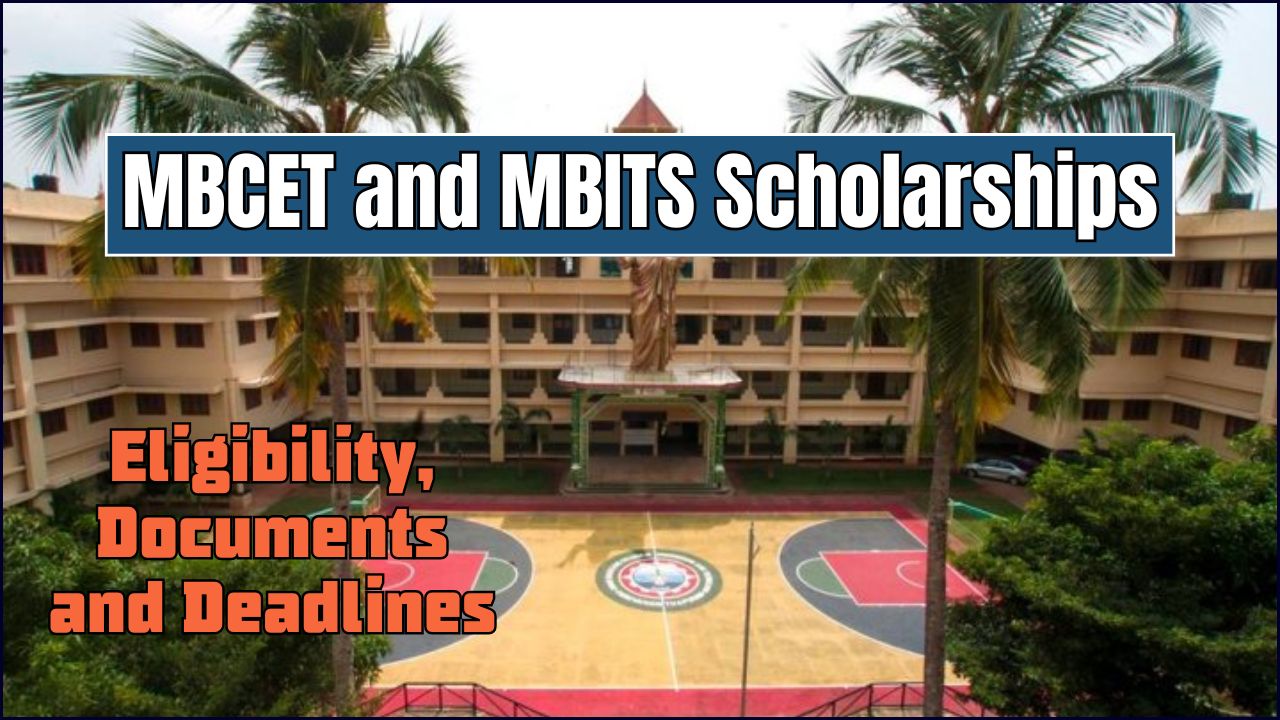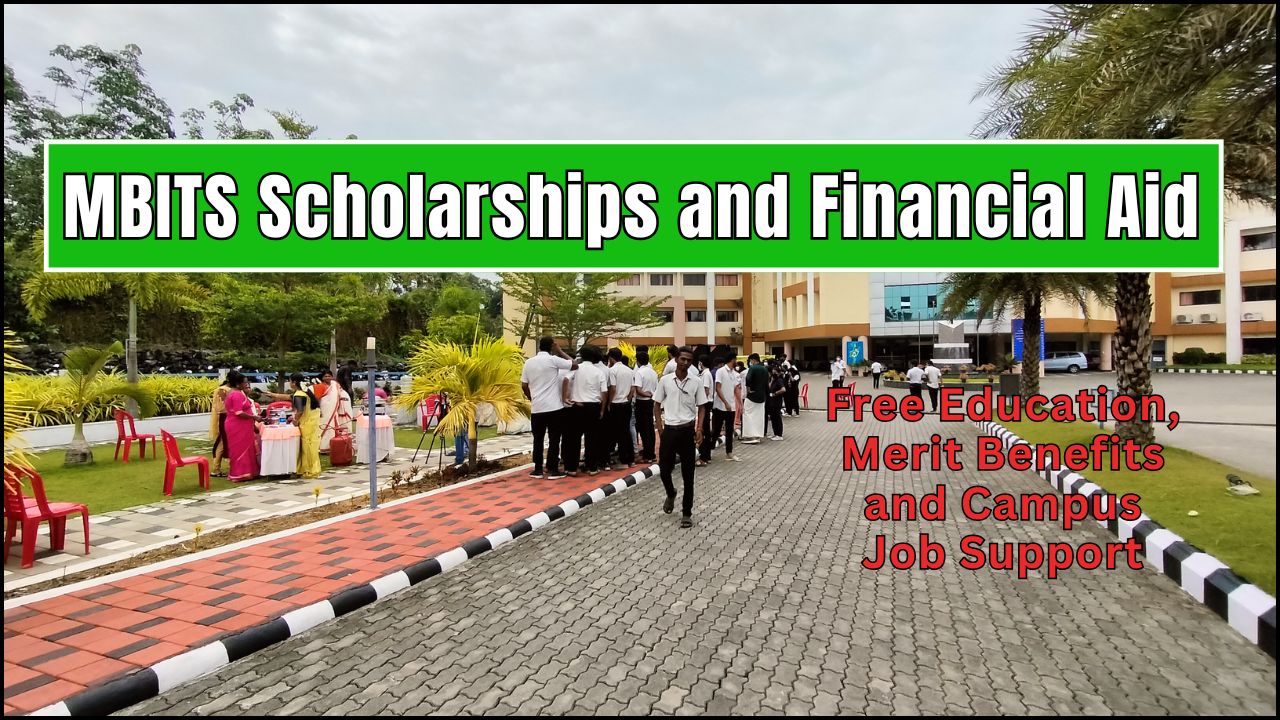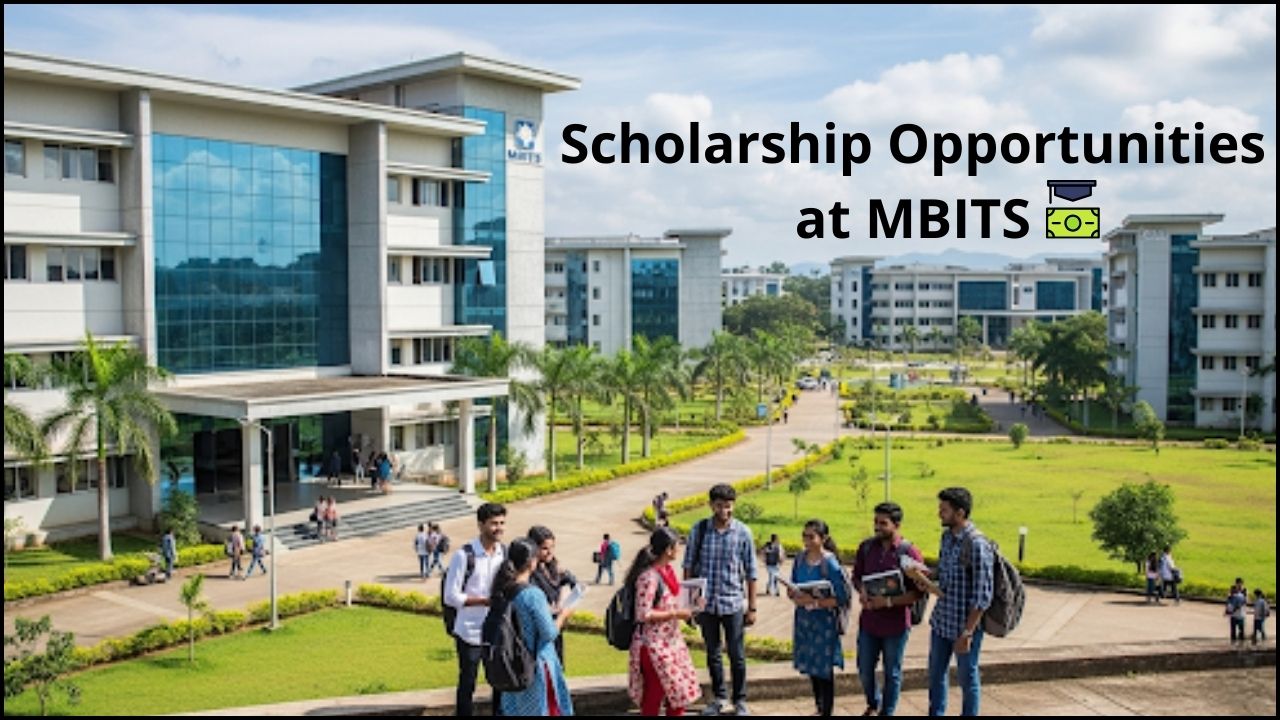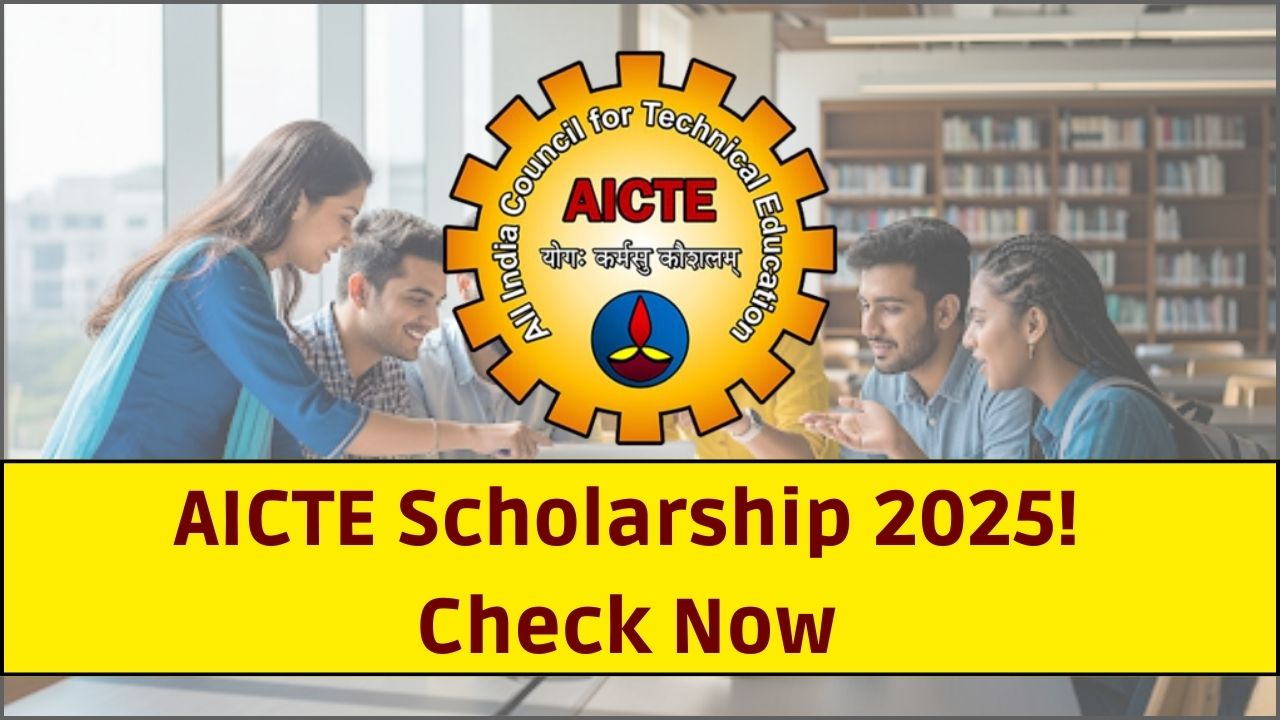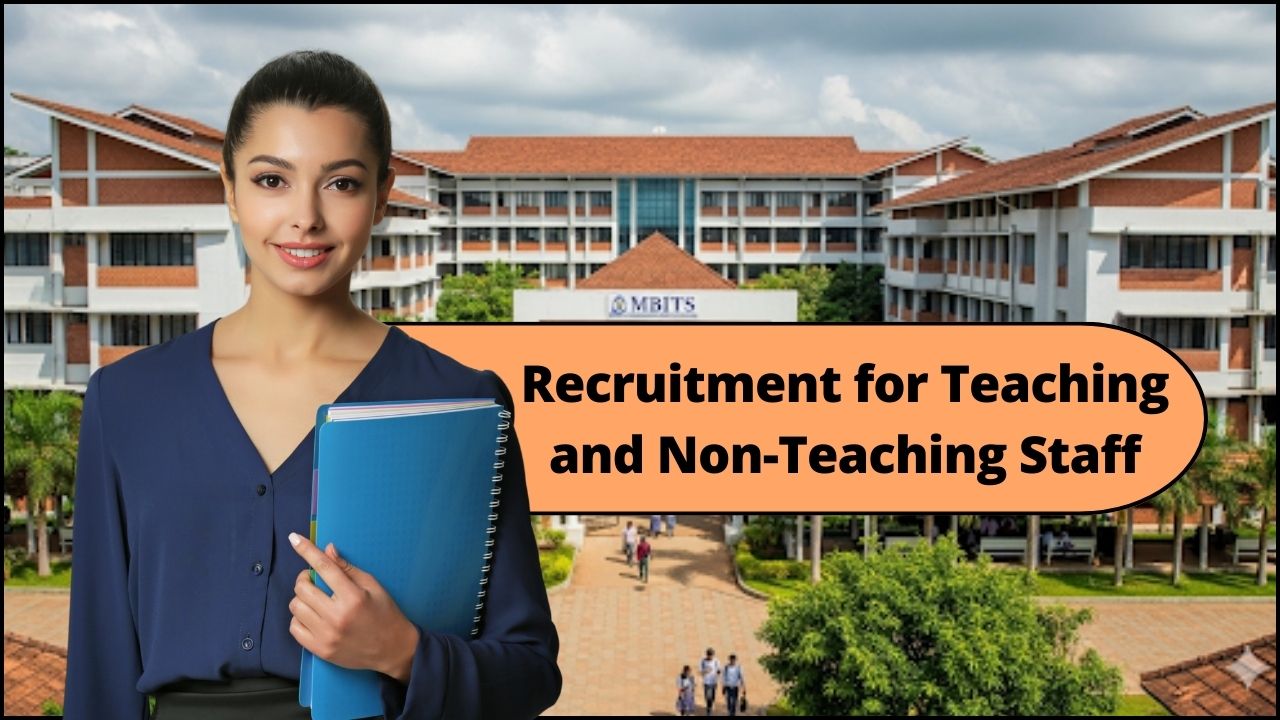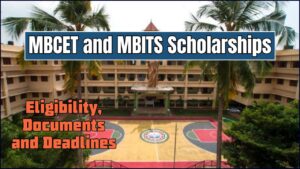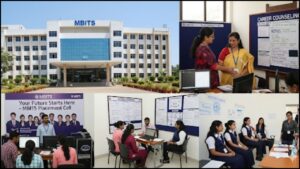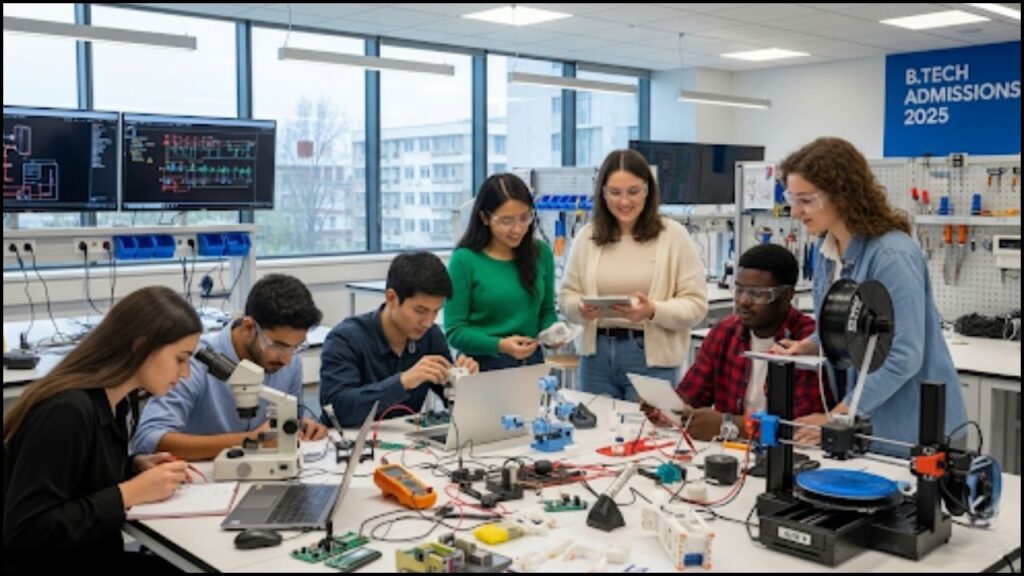
The admission cycle for India’s prestigious Bachelor of Technology (B.Tech) programmes is set to commence, with notifications for the B.Tech 2025 admissions expected from December 2024. Aspiring engineering students must prepare for a multi-stage process involving national and state-level entrance examinations, followed by a centralized counselling procedure. This guide breaks down the critical steps, from application to admission. The National Testing Agency (NTA) will likely release the schedule for the Joint Entrance Examination (JEE) Main 2025, the primary gateway for admission into National Institutes of Technology (NITs), Indian Institutes of Information Technology (IIITs), and other Centrally Funded Technical Institutions (CFTIs). Performance in JEE Main is also the eligibility criterion for the JEE Advanced, which is the sole admission test for the coveted Indian Institutes of Technology (IITs).
Key Dates and Engineering Entrance Exams for 2025
The engineering admission landscape is dominated by a few key examinations. Students must track the timelines for these tests to ensure they do not miss crucial deadlines. The process typically begins with the release of application forms and concludes with the final allocation of seats.
JEE Main 2025: The Primary Gateway
JEE Main 2025 is expected to be conducted in two sessions, the first in January and the second in April, a pattern followed by the NTA in recent years to offer students flexibility and a chance to improve their scores.
- Session 1 (January 2025): Registrations are likely to open in December 2024.
- Session 2 (April 2025): A separate registration window will likely open in February or March 2025.
“The two-session format has been instrumental in reducing stress among students and provides a safety net against unforeseen circumstances,” stated an official from the Ministry of Education in a previous press briefing. Students are advised to regularly check the official NTA and JEE Main websites for the official information brochure and schedule.
State-Level and Private University Exams
Beyond JEE, several states conduct their own Common Entrance Tests (CETs), such as MHT-CET in Maharashtra and KCET in Karnataka. Similarly, prominent private universities like VIT (VITEEE), SRMIST (SRMJEEE), and Manipal (MET) have their own highly competitive engineering entrance exams. These application windows typically open between October and December of the preceding year.
A Guide to the College Application Process
A successful admission journey requires careful planning and execution. The college application process is more than just sitting for an exam; it involves meticulous documentation and strategic choices during counselling.
Step-by-Step Application Guide
- Registration: Visit the official website of the respective entrance exam (e.g., JEE Main, VITEEE). Fill in the registration form with basic details like name, contact information, and email address.
- Filling the Application Form: Log in and complete the detailed application form. This will require personal, academic, and contact information.
- Uploading Documents: Scan and upload required documents, such as a recent photograph, signature, and category certificate (if applicable), in the specified format and size.
- Fee Payment: Pay the application fee online through the provided payment gateways.
- Confirmation: Download and print the confirmation page for future reference.
Required Documents
Students should prepare the following documents well in advance:
- Class 10 and 12 mark sheets and pass certificates.
- A valid photo ID proof (such as an Aadhaar card or passport).
- Scanned copies of a passport-sized photograph and signature.
- Caste certificate (SC/ST/OBC-NCL) and/or disability certificate (PwD), if applicable.
- Income and Asset Certificate for Economically Weaker Section (EWS) candidates.
Understanding the Fee Structure for 2025
The financial commitment is a significant factor for many families. B.Tech programme fees vary drastically between government-funded institutions and private universities.
Government vs. Private Institutions
As per data from the Joint Seat Allocation Authority (JoSAA), the annual tuition fee for IITs and NITs for the general category typically ranges from ₹1 lakh to ₹2.5 lakhs. However, these institutions offer significant fee waivers for students from SC/ST/PwD categories and for those whose family income is below a certain threshold.
In contrast, fees at top-tier private engineering colleges can range from ₹2.5 lakhs to over ₹6 lakhs per year. This figure often does not include hostel, mess, and other miscellaneous charges. “While evaluating options, families should look beyond the tuition fee and consider the total cost of attendance, including living expenses and other charges,” advises Anjali Sharma, a senior education counsellor based in Bengaluru. “It is also crucial to research the return on investment in terms of placement records and starting salaries.”
Scholarships and Financial Aid
Numerous scholarships are available to meritorious and economically disadvantaged students. The government offers several schemes through the National Scholarship Portal. Additionally, most IITs and NITs have robust student welfare funds and merit-cum-means scholarships to support students financially. Many private universities also offer merit-based scholarships based on entrance exam ranks.
Looking Ahead
As the B.Tech 2025 admissions season approaches, prospective students are encouraged to focus on their preparation while staying updated with official announcements. The key to a smooth application experience lies in timely registration, accurate documentation, and informed decision-making during the counselling phase. All information should be verified directly from official sources to avoid misinformation.
MBITS Lateral Entry Admission 2025 – Apply Now for Direct 2nd Year Engineering Programs

